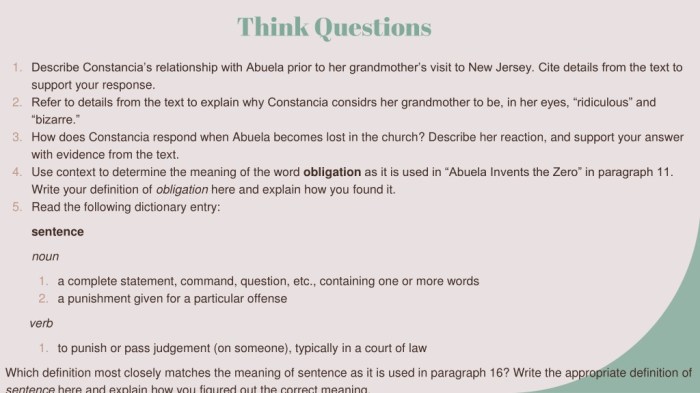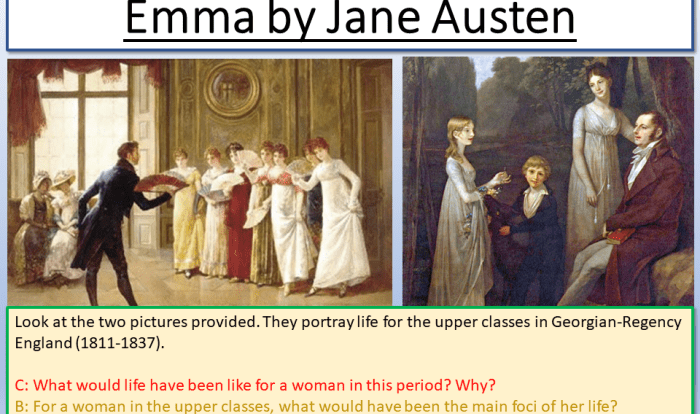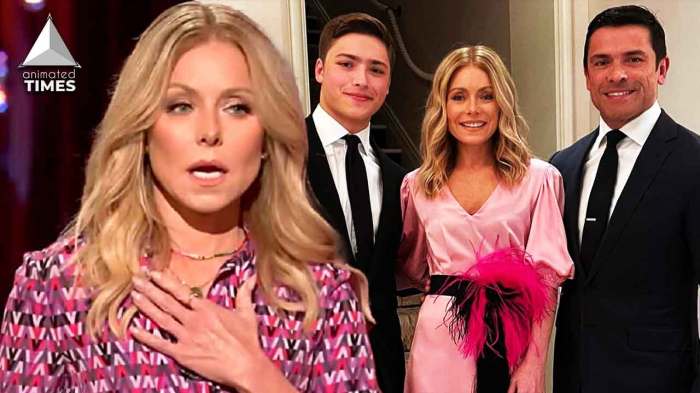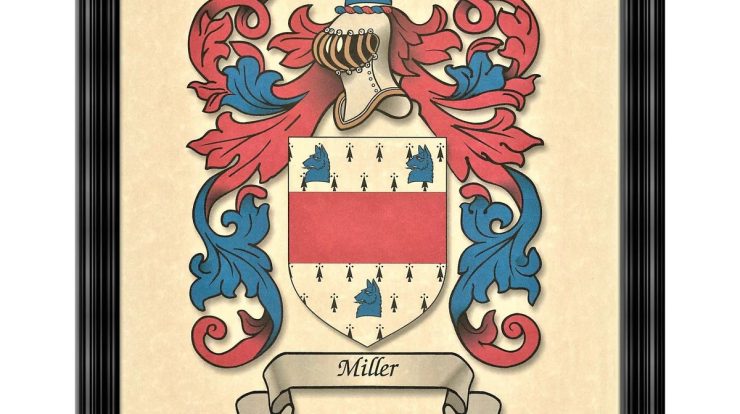Liable definition in The Outsiders establishes the foundation of this captivating novel, inviting readers to delve into a meticulously crafted narrative that seamlessly blends vivid descriptions with profound insights from the very first page.
The novel delves into the intricate concept of liability, exploring its multifaceted implications within the lives of its characters and the broader social landscape, providing a thought-provoking examination of responsibility and its far-reaching consequences.
Liable Definition: Liable Definition In The Outsiders
In the context of The Outsiders, “liable” refers to being legally responsible for one’s actions or the actions of others under one’s supervision. Liability in the novel arises from various situations, including:
Civil Liability
- Negligence:Failing to exercise reasonable care, resulting in harm to others (e.g., Bob’s parents suing Ponyboy for Johnny’s death)
- Intentional Torts:Wrongful acts committed intentionally, such as assault, battery, or property damage (e.g., the Socs’ attack on Johnny and Ponyboy)
Criminal Liability
- Felonies:Serious crimes punishable by imprisonment for more than one year (e.g., Johnny’s manslaughter of Bob)
- Misdemeanors:Less serious crimes punishable by imprisonment for less than one year (e.g., Ponyboy’s shoplifting)
Legal Implications of Liability
Liability in the novel has significant legal implications:
- Financial Damages:Liable parties may be ordered to pay compensation to victims for injuries, expenses, or losses.
- Criminal Penalties:Individuals found criminally liable face fines, imprisonment, or both.
- Reputation Damage:Liable parties may suffer reputational damage and social stigma due to their actions.
Liability and Character Development
The theme of liability plays a significant role in shaping the characters and driving the plot of The Outsiders. The novel explores the consequences of one’s actions and the responsibility individuals have for their choices.
Ponyboy Curtis
Ponyboy’s journey throughout the novel is marked by a growing sense of liability. Initially, he is a carefree and innocent boy, but the events of the novel force him to confront the harsh realities of life. After witnessing the death of his friend Johnny Cade, Ponyboy realizes the weight of his actions and the importance of taking responsibility for his decisions.
Johnny Cade
Johnny Cade’s liability stems from his difficult upbringing and his status as an outsider. His vulnerability makes him a target for abuse, and his loyalty to his friends often leads him into dangerous situations. Johnny’s liability affects his relationships with others, as he often feels like a burden to those around him.
Role of Liability in Shaping Decisions, Liable definition in the outsiders
The theme of liability also influences the decisions and actions of the characters. The characters must constantly weigh the potential consequences of their actions and make choices that they believe will be in the best interests of themselves and their friends.
This is particularly evident in the case of Ponyboy, who must decide whether to turn himself in for the murder of Bob Sheldon.
Social and Cultural Implications of Liability
The novel “The Outsiders” explores the social and cultural factors that influence the perception of liability. Set in the 1960s, the novel reflects the changing attitudes towards liability and challenges societal norms.
Changing Attitudes Towards Liability
In the 1960s, there was a growing awareness of the importance of personal responsibility. This was due in part to the rise of the civil rights movement, which emphasized the importance of individual rights and freedoms. As a result, people began to hold individuals more accountable for their actions.
This change in attitude is reflected in the novel. The character of Ponyboy Curtis is held responsible for the death of Bob Sheldon, even though he was acting in self-defense. This shows that society was no longer willing to tolerate violence, even if it was justified.
Challenges to Societal Norms
The novel also challenges societal norms regarding liability. The character of Johnny Cade is a prime example of this. Johnny is a young boy who is forced to kill a man in self-defense. He is then hunted down by the police and eventually killed.
Johnny’s story shows that society often fails to protect the innocent. This is especially true for those who are marginalized, such as Johnny. The novel challenges us to think about our own responsibility to protect the vulnerable.
Legal Aspects of Liability
The novel “The Outsiders” explores the legal implications of various actions and decisions made by its characters. The legal principles of negligence, contributory negligence, and assumption of risk play significant roles in determining liability for the characters’ actions.
Negligence
Negligence refers to the failure to exercise reasonable care, resulting in harm to another person or property. In “The Outsiders,” several characters exhibit negligent behavior that leads to tragic consequences.
- Ponyboy’s Reckless Driving:Ponyboy’s decision to drive recklessly while fleeing from the Socs contributes to the death of Bob, a Soc member. His actions demonstrate a lack of due care and could potentially lead to criminal charges of manslaughter.
- Dally’s Possession of a Firearm:Dally’s illegal possession of a firearm, which he uses to shoot Bob in self-defense, could result in criminal charges for both possession and assault.
Comparative Analysis of Liability
The concept of liability, as explored in The Outsiders, finds resonance in various other literary and cinematic works. By comparing and contrasting its portrayal, we can gain a deeper understanding of its multifaceted nature and the impact of cultural and historical contexts on its interpretation.
Similarities in Portrayal
- Emphasis on Moral Responsibility:Both The Outsiders and other works often highlight the moral implications of actions, exploring the consequences of choices and the responsibility individuals bear for their decisions.
- Social and Cultural Influences:The role of social and cultural factors in shaping liability is commonly examined, as societal norms and expectations influence perceptions of responsibility.
Differences in Exploration
- Legal vs. Moral Liability:While The Outsiders focuses primarily on moral liability, other works may delve into the legal aspects of responsibility, exploring the complexities of civil and criminal law.
- Individual vs. Collective Liability:Some works emphasize the individual’s responsibility for their actions, while others examine the concept of collective liability, where groups or institutions share responsibility for outcomes.
Cultural and Historical Contexts
- Historical Period:The historical context in which a work is set can significantly impact the interpretation of liability. For example, in the context of historical oppression or conflict, the concept of liability may be viewed differently than in a more contemporary setting.
- Cultural Values:Cultural values and beliefs shape societal attitudes towards liability, influencing the extent to which individuals or groups are held accountable for their actions.
Top FAQs
What is the significance of liability in The Outsiders?
Liability in The Outsiders serves as a central theme, highlighting the characters’ moral and legal responsibilities towards themselves and others, and exploring the consequences of their actions.
How does the novel explore the social and cultural implications of liability?
The novel reflects the changing attitudes towards liability in the 1960s, examining how societal norms and expectations shape the characters’ perceptions of responsibility and accountability.
In what ways does liability contribute to character development in The Outsiders?
Liability plays a pivotal role in shaping the characters’ journeys, influencing their decisions, actions, and relationships, ultimately contributing to their growth and self-discovery.



